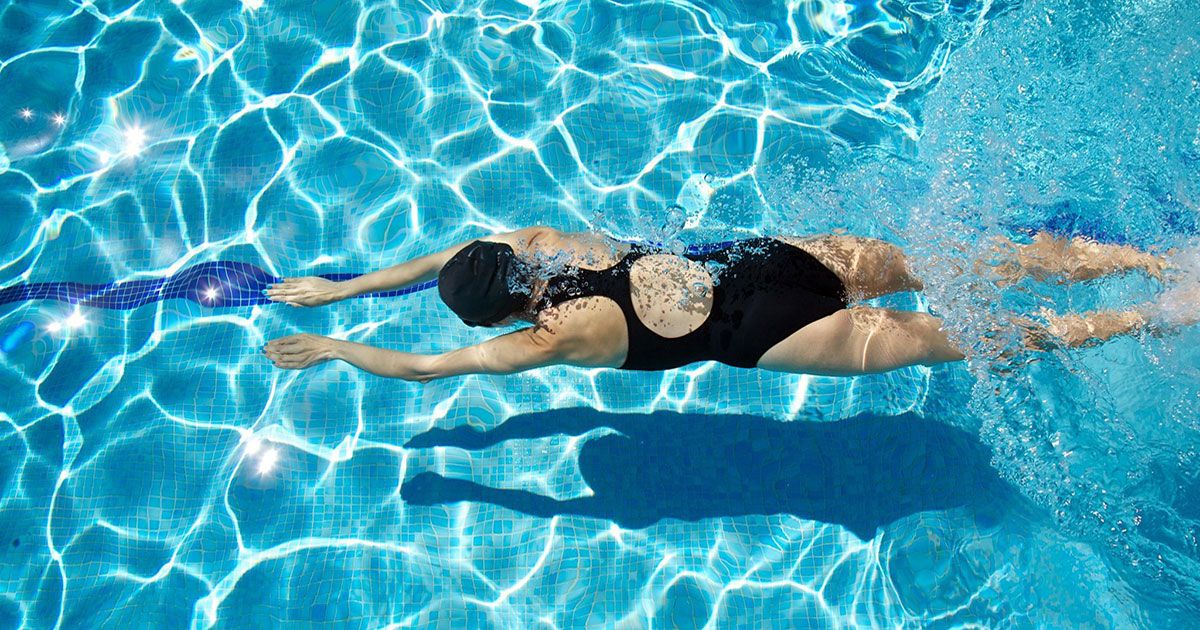How To Train For Your First 5K
Remember To Cross Train

Most injuries related to running when beginning a new regime are related to overusing the same muscles. This can be because the new regime is simply too much too soon or the repetition causes the strain, even if the individual is physically fit enough to handle the distance. This is why cross training, particularly for new runners attempting to train for their first 5K, is so crucial. In the past, alternative activities to running such as cycling, swimming, or strength exercises, were only undertaken after an injury has occurred.
Instead of waiting for an injury, incorporate cross-training into your routine! As stated previously, running should be measured with distance, and individuals should run three times a week with an additional day for a timed run of roughly thirty minutes. Aside from a rest day, cross training should make up the rest of the training time and should alternate between the activities just mentioned (swimming, cycling, and strength exercises). Runners can even substitute their thirty-minute run for a cross training day if they wish. These alternatives will not only prevent injuries and muscle overuse but also significantly improve strength as well as endurance, both of which they need to run a 5K race.
Fueling With Food

Food is fuel, particularly when it comes to working out on any scale, even if it is just to maintain a decent level of fitness. When it comes to training for a 5K, however, diet becomes even more important. All runners will need to consume a healthy and balanced diet full of fruits and vegetables, healthy fats, complex carbohydrates, and, of course, lean protein. Aside from these balanced meals, what runners should also consider are post-run protein smoothies and quick pre-run snacks such as a banana or energy bar to boost energy and recover after the run is over. You do not want to find yourself without energy mid-run. Not only does a lack of energy make it harder to complete a run, but it will leave you more susceptible to injury. The only other advice when it comes to food and training is to avoid eating a large meal before a run since this can result in cramps and other negative consequences. Instead, stick to a pre-run snack and save the meal for after the run.
